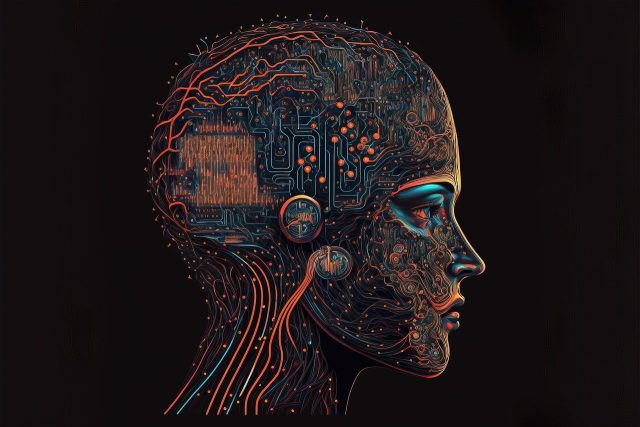
Europe Expects Current Regulations to Be Complied by All Companies Owning Artificial Intelligence Software
During an interview in Brussels, the vice president of the European Commission, Margrethe Vestager, denounced the CEO of Google Sundar Pichai, the will, on the part of the EU, to establish a voluntary agreement between the parties, which can regulate the use of ‘artificial intelligence at a global level, in a period in which the development of this technology is ever greater and in constant growth. The meeting proved fruitful and the hypothesis of a pact, already discussed during the G7 and which will be re-evaluated in the diplomatic meetings of the next few weeks, is effective, which could make the practical use of artificial intelligence clearer.
According to the European Commissioner for the Internal Market, Thierry Breton, there would no longer be much time to waste in the process of securing the new technology and he hopes for greater compliance, by all the companies involved, with all the already existing rules relating to data protection and digital security for an increasingly aware use of the online environment. However, Breton welcomed Google’s commitment to comply, as hoped, with all the regulations currently in force in Europe on technological services and agreed with CEO Sundar Pichai on the urgency of a regulation European official that allows the natural development of a technology, such as that which controls artificial intelligence, in continuous progress and unable to give way to red tape.
Concerns about AI are not to be considered purely political but also concern the ethical and social field and it is now essential to avoid, through more accurate laws and controls, that such a powerful technology can be used for uncontrolled profit purposes or to buy illegal actions as already happened in the few months of activity. There is a risk, according to Eric Schmidt, former number one at Google, who recently resigned from the multinational in the digital sector, that artificial intelligence could turn into a real existential problem for users or for anyone who should suffer an improper use of it. Schmidt himself has already been part of the National Security Commission on AI, in the United States, with the aim, since 2019 of reviewing all artificial intelligence technology by assessing its risks and applications with the possibility of creating a dedicated regulatory framework, just as a new agency born in the United States is currently doing.
Sam Altman, CEO of Open Ai, has proposed the establishment of an international authority that could avert the existential risk threatened by free artificial intelligence, as feared by Eric Schmidt and that could function, in practice, as the International Agency for Atomic Energy (IAEA), set up to safeguard the population from the constant nuclear threat represented by operational plants and geo-political instability. AI power will become, in the next ten years, greater than that of any other technology ever existed in the history of humanity and, just as it may be useful more than every human expert so far in the biological and scientific fields, it could also prove extremely dangerous if used in the wrong way in every sector, including warfare.
Brussels is evaluating the series of new regulations aimed at the use of artificial intelligence but, if they are too strict or difficult to comply with, some companies that own the revolutionary technology could decide to leave Europe permanently. Before deciding to leave the continent, however, Altman himself is willing to try to adapt his product to the new rules, hoping that the copyright rules do not prevent its complete functioning. The draft on the new rules will still be discussed by the European Parliament in the coming weeks and hopefully a fruitful agreement.



 Subscribe
Subscribe